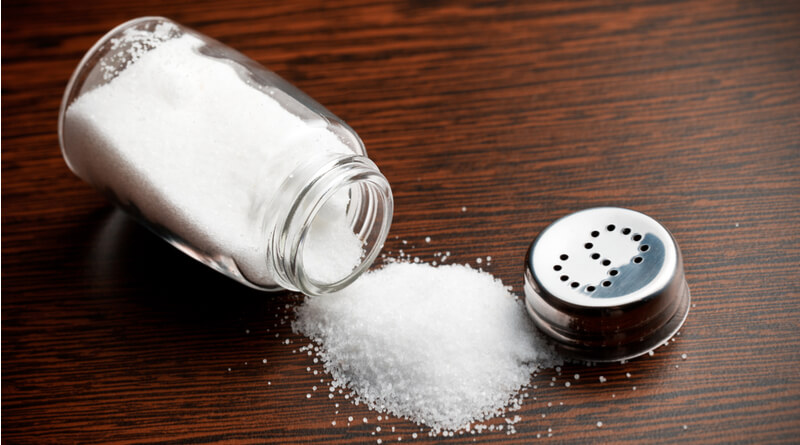Salt is a common ingredient in diet and helps maintain pH balance and fluid levels in the body. Salt finds equal importance during pregnancy as maintaining fluid levels helps in the development of baby. If you increase salt consumption during pregnancy, it may be dangerous for you and the baby. You should always consult your doctor regarding the amount of salt that you require during pregnancy.
Heath benefits of salt during pregnancy
- It is essential for proper functioning of organs, nerves, and muscles.
- The fluids in the body increase to support the growing baby in which sodium plays an essential part.
- Iodine present in salt is essential for the development of nervous system and brain of the baby.
- Iodine deficiency during pregnancy can lead to abnormal development of brain, miscarriage, and even stillbirth.
- An adequate amount of salt is required for proper development of baby during pregnancy and inadequate amounts will increase the complications and can even cause the death of the fetus.
- The right amount of salt is neither too less nor too high. This amount will be determined by your doctor depending upon your specific case.
Health risks of excessive salt consumption
- It will make you feel bloated and lead to water retention.
- It could also cause high blood pressure and the swelling of feet, legs, ankles, and face.
- High salt intake can lead to loss of calcium through urination from the body.
- Some foods contain a high amount of salt and should be avoided during pregnancy. This includes bread and bun. If you consume it as a breakfast or evening snack, it could prove harmful as it has a higher quantity of sodium.
- Sweetened beverages have high sodium content and should be avoided at all costs.








